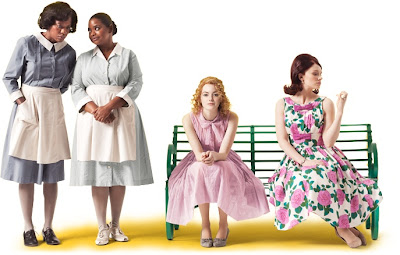Once upon a time
as a queen sits sewing at her window, she pricks her finger on her needle and
three drops of blood fall on the snow that had fallen on her ebony window
frame.
As she looks at
the blood on the snow, she says to herself, "Oh, how I wish that I had a
daughter that had skin white as snow, lips red as blood, and hair black as
ebony.”
Soon after that,
the queen gives birth to a baby girl who has skin white as snow, lips red as
blood, and hair black as ebony. They name her Princess Snow White. As soon as
the child is born, the queen dies.
"Snow
White" is a well-known fairytale, famously noted down by the Brothers
Grimm in 1812, and adapted many times since.
In each version,
the story centres on a princess whose stepmother the Queen is jealous of her
beauty. Each will feature Snow White as fair skinned, with the darkest of dark
hair, as well as the dwarfs that offer her shelter; the all-seeing mirror on
the wall; and the dreaded poisonous apple.
Probably the
best-known version to today’s audiences, is the classic 1937 animated feature, Snow White and the Seven Dwarfs. As with
all Disney adaptations, however, some liberties were taken with the story to
ensure that it didn’t scare the children witless.
For example, elements
of the Brothers Grimm version that were omitted from the Disney tale include
the Queen’s insistence that the huntsman bring back Snow White’s lungs and
liver, and the heated irons that the Queen is forced to dance in for
punishment.
With two new adaptations
being released this year – Mirror, Mirror
starring Julia Roberts and Snow White and
the Huntsman starring Kristen Stewart – it will be interesting to see the
path that is taken by each.
Will they walk
the tried and tested trail, or will they try to break new ground with this
beloved fairytale?
In the meantime,
here is a run-down of some of the famous depictions of Snow White – which is
your favourite?
Lily Collins as
Snow White in Mirror, Mirror (2012):
Kristen Stewart
as Snow White in Snow White and the
Huntsman:
The depiction of
Snow White in Shrek the Third (2007):
Sarah Patterson in
the 1987 fantasy film Snow White:
Snow White a la
Disney (1937):
If you liked this post, you may also enjoy:


























